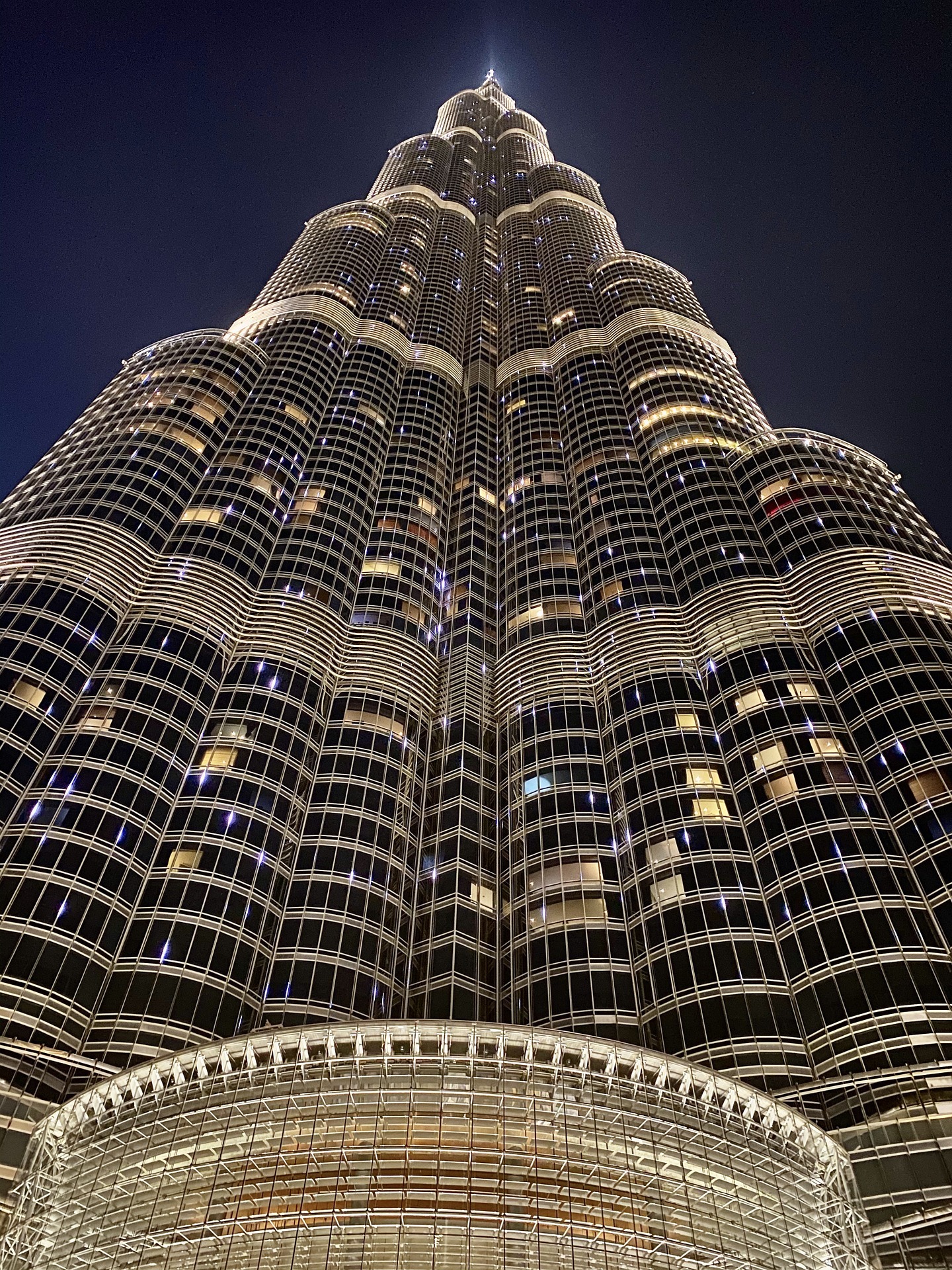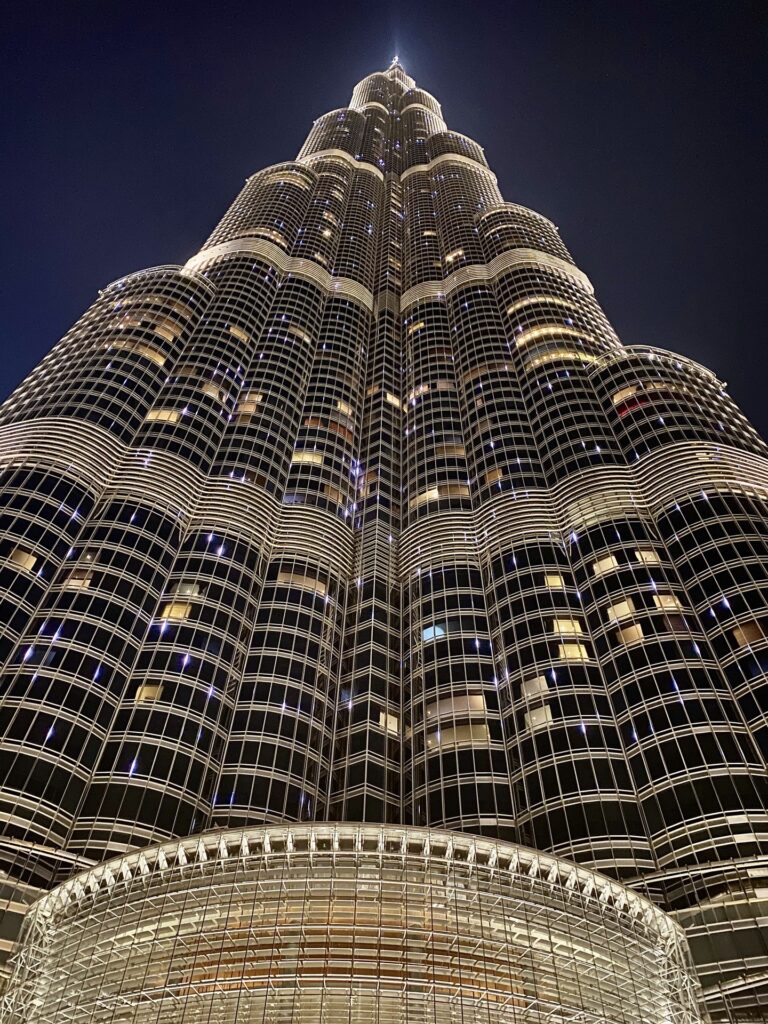Get Your Industrial License in Dubai Today with Professional Help

Acquire Your industrial License for Business Ventures
Get your Industrial License in Dubai for business ventures
Dubai’s extensive logistics and infrastructure significantly enhance industrial growth. As a pivotal trading hub connecting the East and West, Dubai enjoys a distinct geographical advantage. If you are involved in industrial manufacturing and wish to establish an industrial enterprise in Dubai or elsewhere in the UAE, obtaining an Industrial License in Dubai is essential
An industrial license in Dubai enables manufacturing and industrial businesses to produce both semi-manufactured and fully manufactured goods. Activities covered under this license include production, segregation, collection, and packaging. Additionally, the industrial trade license in the UAE mandates that businesses maintain a physical warehouse within the country.
The industrial license in Dubai is generally issued by the Department of Economic Development (DED). To successfully gain this license, business possessors must also get blessings from the Dubai Municipality and other applicable authorities.

Dubai Industrial License Sector
Dubai’s sophisticated seaports and airports effectively support the growing industrial sector. This logistics advantage ensures smooth and cost-effective transportation of raw materials, machinery, spare parts, and other goods. Over the past decade, the industrial sector in the UAE has grown by 31%, with Dubai contributing significantly through a 6% increase during the same period. Key industries in Dubai, covered under an Industrial License in Dubai, include electricity, water, gas, quarrying, mining, and manufacturing, all of which play a major role in the region’s GDP
What Is Meant by Industrial License?
An Industrial License in Dubai is required for the production or manufacturing of goods within an industrial setting. This involves transforming raw materials or natural resources into final or refined products through manual or mechanical processes. Activities such as production, accumulation, segregation, and packaging fall under industrial operations and require a valid license. The Industrial License in Dubai is issued by the Department of Economic Development (DED) and may need approvals from various external agencies and ministries. Its validity is determined by the conditions set at the time of issuance. Investors planning to establish an industry in Dubai must also maintain a physical warehouse, which is a mandatory requirement
Activities Covered under Industrial Production
Before applying for an Industrial License in Dubai, it’s essential to identify the specific activities that will be conducted. Understanding the category of your business activity is crucial for compliance with licensing requirements. The following activities typically fall under industrial production:
- Manufacturing of goods
- Processing of raw materials
- Assembly of products
- Quality control and packaging
Essential Requirements for Applying for an Industrial License in Dubai
Before applying for an Industrial License in Dubai, investors must fulfill certain prerequisites:
- Local Sponsor: A local sponsor must hold 51% of the company shares, with the remaining 49% owned by the foreign investor.
- Local Industrial License: A local industrial license is mandatory and is issued from the area of operation.
- Office and Warehouse: A physical office space and warehouse in Dubai are required; a virtual office will not suffice.
- Employee Requirement: A minimum of 10 employees is necessary.
- Capital Investment: A minimum capital investment of AED 250,000 must be set aside.
- Machinery Specification: At least 5HP specification machines are required.
Essential Documentation for Securing an Industrial License in Dubai
To attain an Industrial License in Dubai, the following documents must be submitted:
- Detailed Report: A comprehensive report detailing the factory or industry plan, objectives, equipment involved, manufacturing costs, capital investment, and source of finance, including employee details.
- Identification Documents: Non-citizens must provide copies of their residence permits and passports.
- Feasibility Study: A feasibility study must be included.
- Partnership Agreement: If applicable, a partnership contract must be submitted.
- Approvals: Required approvals from relevant ministries, including the Ministry of Health and the Ministry of Environment and Water.
- Balance Sheet: A copy of the company’s balance sheet.
Privileges of Firms with an Industrial License in Dubai
The UAE government offers several privileges to firms holding an Industrial License in Dubai to promote industry and attract investments, including:
- Tailored terms for renting industrial space to benefit investors.
- Availability of land at subsidized rates or free of cost for establishing industries.
- Discounted rates for utilities such as electricity and water.
- Guidance based on best practices from similar industries to enhance operations
- Access to loans at reduced rates for innovative products.
- Financial support for R&D if products are expected to strengthen the national economy.
- Priority in government procurement for products of exceptional quality.
Obligations of an Industrial License Holder
Holders of an industrial license in Dubai are subject to several obligations to ensure smooth operations and compliance with regulations:
- Construction Timeline: Begin construction of the industrial facility within six months of receiving project approval.
- Data Submission: Submit the required data to the DED as directed.
- Authorization Letter: Provide a letter to the DED when ready to commence industrial activities, after which a certificate of authorization will be issued.
- Industry Registration: Ensure the industry is registered with the appropriate authorities.
- Data Updates: Inform the DED in writing of any changes regarding the factory or operational data.
- Property Restrictions: Selling or leasing government-allocated property is prohibited.
- Employee Registration: Maintain a record of enrolled employees and submit a copy to the DED.
- Import Regulations: Ensure that products imported under customs duty exemption are used only as specified during import.
- Employment Mandate: At least 25% of the workforce must consist of local Emiratis.
- Compliance with Laws: Adhere strictly to local laws and regulations.
- Health and Safety Standards: Follow all directives related to hygiene, health, and industrial safety.
- Director Changes: Notify the DED of any changes, including appointments of directors.
By fulfilling these requirements and obligations, investors can successfully navigate the process of obtaining and maintaining an industrial license in Dubai, thereby capitalizing on the advantages offered by this thriving market.
